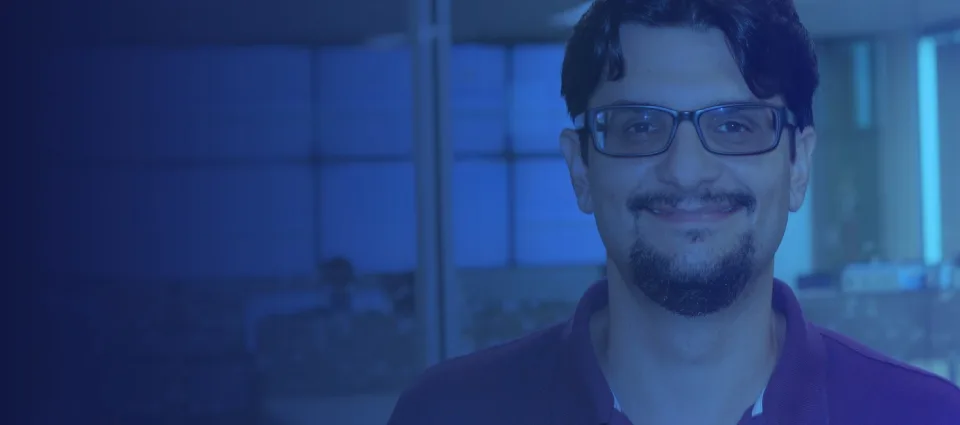Recent years have brought about significant change in the way we all work and communicate. With stay-at-home mandates in place, people had to find new ways to stay connected and entertained while physically separated from each other.
This transition may have been particularly challenging for those who were not used to relying on technology in their daily lives, including those who were die-hard anti-technical. In my family, there were more than a few non-techies. Over the years, the techies in the family have tried to get them to embrace technology, but for their own reasons, they stayed firm with what they felt comfortable with. But that all changed in 2020.
Pre-pandemic, face-to-face meetings were the norm in my family. The occasional phone call was as far as many of my relatives would go to use technology to connect. In 2020, as the isolation from lockdown set in, these non-techies started to think about using technology to adapt to their new reality. At first, they were hesitant to explore new collaboration tools, but missing family and friends was a great motivator to look for ways to improve their remote connection experience. The techie side of the family jumped at the chance to help them through the first attempts at using these tools. Though there was some frustration, the benefits of these tools were so great that there was quickly an appreciation for the convenience, quality of connection, and user experience offered. In fact, by late 2020, many of these former non-techies had become experts, hosting their own meetings and using integrated apps to add games and events to their calls. I would not have believed this was possible in 2019.
As our remote meetings progressed, a common part of the group discussions often included how to use technology to get through the confinement. We explored online shopping, creative gaming, digital information sharing, language translation, and so on. A new world opened for many of my family members. Today, video group calls are common, and this once technically challenged group is continuing to look for innovative ways to use their newfound skills. For example, one of my uncles, who didn’t even own a mobile phone in 2019, is now posting interesting online stories to keep us up to date on his day-to-day ongoings.
Another example is my sister-in-law: a die-hard book lover who never thought she would enjoy reading on a tablet or e-reader. However, when she found herself stuck at home with limited access to acquire new physical books, she decided to try it out. To her surprise, she found that she loved the convenience of being able to access a wide variety of books without having to leave the comfort of her home. The benefits of a lit background, adjustable fonts, virtual bookmarks, and the search functionality were added bonuses. She now uses her tablet regularly – and for a lot more than just reading. She loves the experience so much that she regrets resisting the change for so long. I don’t remember the last time she read a paperback.
The acceptance of technology among the non-technical has also made an impact in the workplace. More and more, once resistant employees are using the digital apps and tools that are available at their fingertips, improving their technological experience and productivity. There is a newfound thirst to try new things, and video collaboration and chat tools are now the norm.
This adoption is phenomenal and has come at an ideal time. Our society has built up a much wider foundation of technical expertise. This foundation will be critical to adapt to the technical advancements that are on the horizon in areas such as data connectivity, Artificial Intelligence, and Large Language Models (LLMs).
For some, there are concerns that AI may be developing too quickly. But while I agree that we must take steps to protect against illicit activities, advancements in AI will also give us powerful tools which can lead to incredible, positive achievements. The fact that we now have more people using technology puts us in a better position to raise awareness of the pitfalls and reap the benefits of AI evolution. Based on my personal experience witnessing the rapid 180-degree shift in the technically challenged members of my family, I am extremely optimistic that society will adapt.
In summary, one good thing that came from the global lockdown was that we observed a vast increase in the use of technology across a wide range of non-technical users. This came at the perfect time with the major advances that are around the corner for technical consumers. As the digital revolution continues, let’s keep this momentum going by embracing the coming changes, implementing the necessary safeguards, and taking advantage of the innovation that will further improve our personal and professional lives.



















